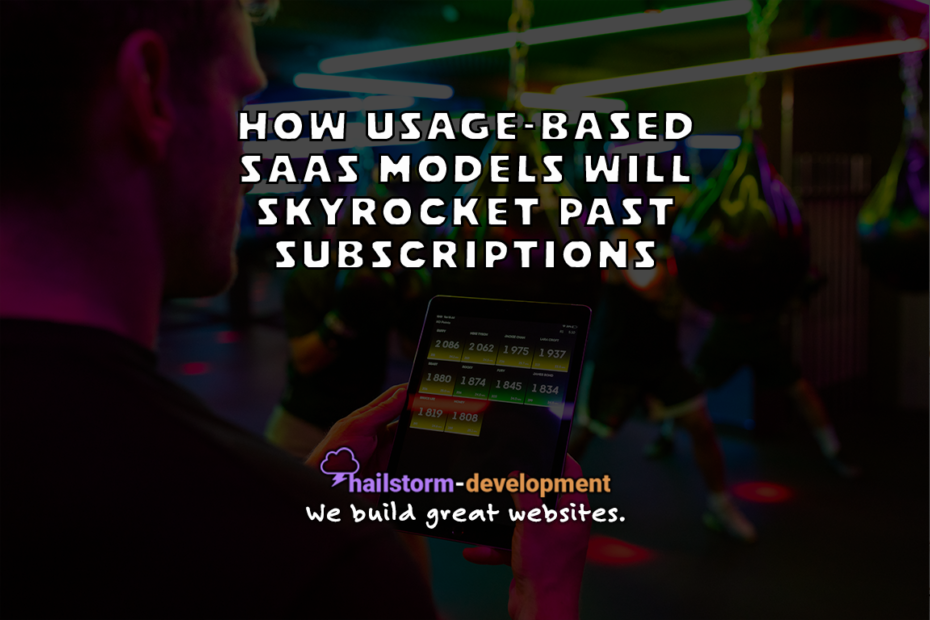While it seems like only yesterday service-based businesses adopted them, it’s only a matter of time before usage-based SaaS models will skyrocket past subscriptions. On one hand, there are certain customers that may opt to remain static, but many SaaS companies are finding this pricing out of their budget. Thus, they are swapping to usage-based models, where they can start with a low cost and scale over time.
Subscription Billing - Is It Right for You?
Even though usage-based billing is ideal for companies like Uber and Google, if you’re a small company, subscription pricing can give your customers a lower entry point. Further, you can even offer “freemium” pricing where baseline features are free to customers.
Examples of Subscription-Based Billing
-
HP Instant Ink
HP offers different plans for page-based billing for several of their printers. The Instant Ink service includes replacement, delivery, and recycling of ink cartridges
-
Stripe Payments
Stripe offers different plans for their integrated services, including payments, biling, connect, radar, terminal, and more
-
Xbox Live
For many gamers, Xbox Live is how you connect with friends to play video games together; Microsoft offers both monthly and annual subscriptions to Xbox Live
Why Subscription-Based Billing Might Not Be Best
Unlike usage-based billing, subscription based pricing can lead to some users getting more than their fair share out of the product. Also, low-usage customers might feel like they aren’t getting enough out of your product.
Examples of Usage-Based Billing
First, usage-based or consumption-based billing refers to the practice of paying for what you use, instead of paying a recurring monthly fee. This is beneficial to companies and customers as low-usage customers will appreciate a lower overall cost than their high-usage counterparts.
-
Ridesharing
Ridesharing apps such as Uber and Lyft use usage-based billing, where customers are charged for their rides on an individual basis
-
Cloud computing
Cloud computing services sometimes offer usage-based billing as an option; for example, a hosting company charges $0.10/GB of data used
-
Utilities Billing
If you own or rent a living (or office) space, it's likely that you have some form of billing for utilities. Many utilities companies, like Consumers Energy, offer usage-based billing where you only pay for what you use
Why Usage-Based Billing is Better
Not surprisingly, consumption-based or usage-based billing is great for companies that can accurately and effectively break down their services into small chunks. With this, companies are able to easily identify variables of usage. Datadog, a cloud service company, has been growing 88% YOY using this type of model.
When Usage-Based Billing is Bad
Though there are many benefits of switching to usage-based billing, one of the primary downsides is that it can prevent you from offering an annual pricing plan. Next, it makes revenue difficult to predict. Additionally, it makes budgeting difficult. Lastly, it causes customers to be billed in arrears, where they pay at the end of the month after they have their total usage for the month.
In Conclusion
In conclusion, with all of this in mind, companies might find financial relief in usage-based billing, but subscription-based billing will be sticking around, as well. In fact, in two years, it’s estimated that 75% of all companies will offer their products or services in a form of subscription-based plan. Does your business offer products or services through usage-based or subscription-based billing? Let us know in the comments below.
Resources & Further Reading
Lovrik, H. (2021, February 18). 5 SaaS companies that have mastered usage-based billing. Retrieved March 10, 2021, from https://www.chargify.com/blog/5-saas-companies-that-have-mastered-usage-based-billing/
Poyar, K. (2021, January 29). Subscription-based pricing is dead: Smart saas companies are shifting to usage-based models. Retrieved March 10, 2021, from https://techcrunch.com/2021/01/29/subscription-based-pricing-is-dead-smart-saas-companies-are-shifting-to-usage-based-models/
Solomon, J. (2020, November 08). When should you choose a consumption based model over a subscription based model? Retrieved March 10, 2021, from https://www.chargebee.com/blog/consumption-economy-subscription-economy/
